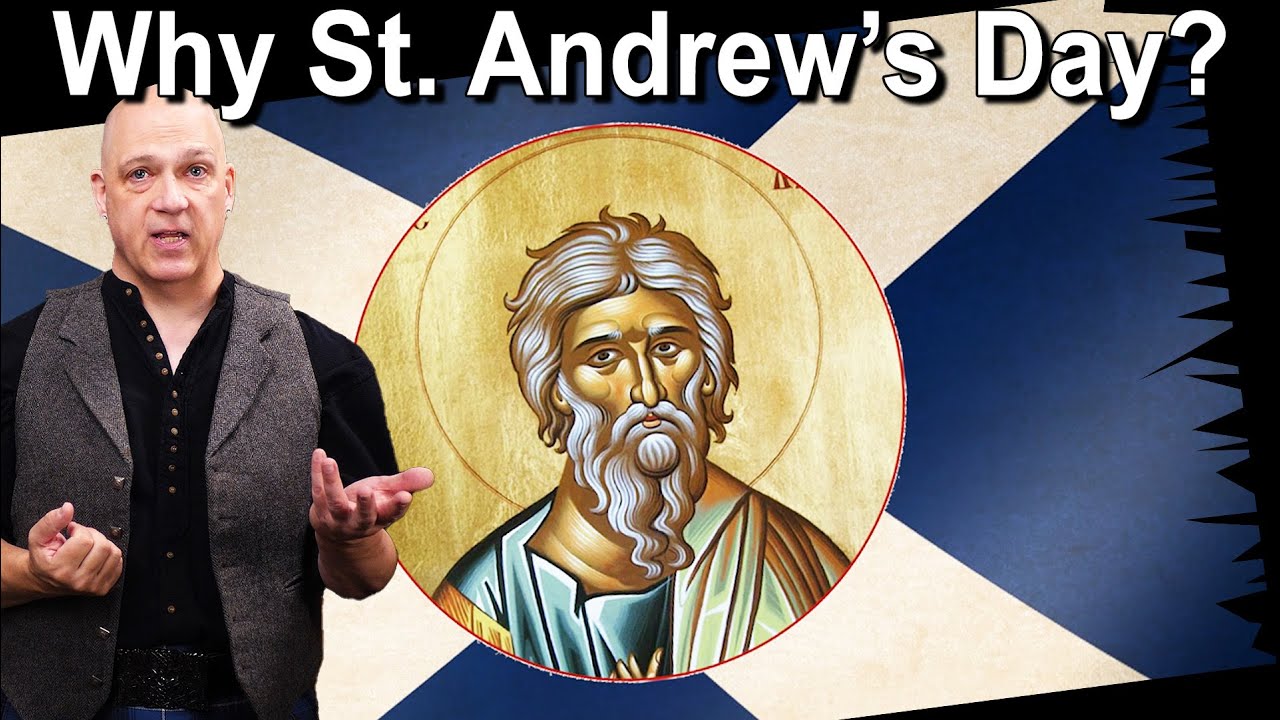October 23, 2024
Summary
TLDRSt. Augustine of Hippo was a pivotal Christian theologian and philosopher whose works continue to influence modern Christianity. Born in 354 AD to a pagan father and a devout mother, his early education in literature and philosophy shaped his theological outlook. His most famous work, *Confessions*, details his sinful youth and conversion at age 31, emphasizing a personal relationship with God. Augustine’s writings, including over 200 books and nearly 1,000 sermons, have sparked both admiration and controversy, yet his integration of faith and reason remains a cornerstone of Christian thought today.
Takeaways
- 😀 St. Augustine of Hippo was a theologian, writer, preacher, and influential figure in Christianity, known for his adaptation of classical thought to Christian teachings.
- 📚 He was born in 354 in Thagaste, Algeria, to a non-believing father and a devout Christian mother, Monica, which influenced his spiritual journey.
- 🎓 Augustine received a classical education in literature, rhetoric, and philosophy, laying the foundation for his future theological works.
- ✍️ His most famous work, *Confessions*, details his sinful youth and conversion to Christianity, exploring personal struggles with faith.
- 🙏 *Confessions* emphasizes the importance of a personal relationship with God, resonating with many Christians seeking a similar connection.
- 🔄 Augustine converted to Christianity at age 31 after years of intellectual exploration and spiritual struggles, influenced by his mother's devout faith.
- 🕊️ After his conversion, Augustine embraced a life of celibacy, dedicated to prayer, work, and serving God, despite a past relationship and a son.
- 💼 He became a priest and later a bishop in Hippo, where he wrote extensively, producing over 200 books and nearly a thousand sermons and letters.
- 🤔 While Augustine's influence on Christian philosophy is profound, some critics argue that his theology carries negative implications for the faith.
- 🕊️ Augustine's ability to blend philosophy with theology legitimized Christianity for many, especially those seeking a more rational understanding of faith.
Q & A
Who was St. Augustine?
-St. Augustine, also known as Augustine of Hippo, was a theologian, writer, preacher, and bishop, recognized as one of the most influential figures in Christianity.
What is St. Augustine best known for?
-He is best known for his work *Confessions*, which details his sinful youth, conversion to Christianity, and personal struggles with faith.
How did St. Augustine's upbringing influence his spiritual journey?
-Augustine was born to a devout Christian mother and a non-believing father, creating a religious dichotomy that significantly shaped his spiritual exploration and writings.
What philosophical contributions did St. Augustine make to Christianity?
-He adapted classical philosophy to Christian teaching, emphasizing the grace of Christ and the importance of personal faith, which helped legitimize Christian beliefs for many.
At what age did St. Augustine convert to Christianity?
-St. Augustine converted to Christianity at the age of 31 after a prolonged period of intellectual exploration and spiritual struggle.
What impact did St. Augustine's *Confessions* have on Christianity?
-The *Confessions* is considered a major influence for Christian authors throughout the Middle Ages and continues to resonate with many seeking a personal relationship with God.
What lifestyle did St. Augustine adopt after his conversion?
-After converting, Augustine embraced a life of celibacy, dedicated himself to prayer and teaching, and became an ordained priest.
How many writings did St. Augustine produce, and what are their types?
-St. Augustine wrote over 200 books and nearly a thousand sermons, letters, and other works, many of which are still significant in modern Christianity.
What are some controversies surrounding St. Augustine's influence?
-Some critics argue that Augustine's theology promotes negative aspects that conflict with core Christian values, making it difficult to separate his influence from contemporary faith.
Why do many Christians still reference St. Augustine's works today?
-His writings, particularly on the personal relationship with God and the integration of philosophy into Christianity, continue to provide valuable insights and guidance for believers.
Outlines

Dieser Bereich ist nur für Premium-Benutzer verfügbar. Bitte führen Sie ein Upgrade durch, um auf diesen Abschnitt zuzugreifen.
Upgrade durchführenMindmap

Dieser Bereich ist nur für Premium-Benutzer verfügbar. Bitte führen Sie ein Upgrade durch, um auf diesen Abschnitt zuzugreifen.
Upgrade durchführenKeywords

Dieser Bereich ist nur für Premium-Benutzer verfügbar. Bitte führen Sie ein Upgrade durch, um auf diesen Abschnitt zuzugreifen.
Upgrade durchführenHighlights

Dieser Bereich ist nur für Premium-Benutzer verfügbar. Bitte führen Sie ein Upgrade durch, um auf diesen Abschnitt zuzugreifen.
Upgrade durchführenTranscripts

Dieser Bereich ist nur für Premium-Benutzer verfügbar. Bitte führen Sie ein Upgrade durch, um auf diesen Abschnitt zuzugreifen.
Upgrade durchführenWeitere ähnliche Videos ansehen

10 rzeczy, które musisz wiedzieć o IVE

Try THIS Instead of Google Translate

Saint Andrew's Day - Who Was St. Andrew And Why Do Scots Celebrate His Day?

07 - Filosofia Cristã

Danmark på hæld - Slavehandel på Dansk Vestindien i 250 ÅR!

The Catholic Church - Builder of Civilization, Episode 5: The University System

A CRUZ QUE FALA - Série: Símbolos Franciscanos (2/5)
5.0 / 5 (0 votes)
